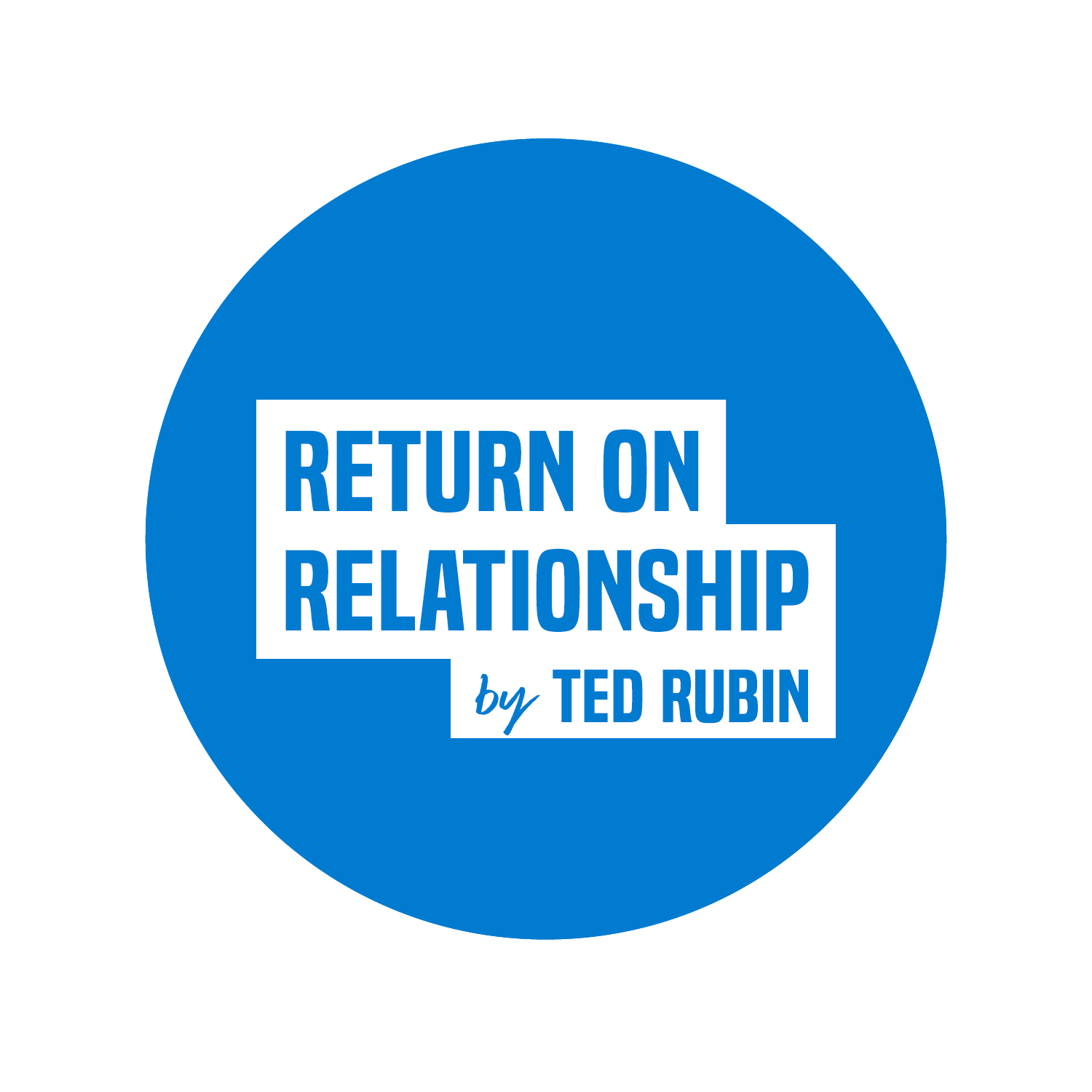Why I’m Woke ~via @MitchJackson
Mitch Jackson and I connected about 10 years ago via the social media world, and we both immediately saw the value in what each of us was doing. I have always respected Mitch's insight, legal viewpoint, and desire to support as many people as time would allow. I truly appreciate his viewpoint and perspective here. Thank you Mitch, for always being a voice of reason.
The term “woke” is used to describe a heightened awareness and sensitivity to social issues related to race, gender, and social justice. It is often associated with a desire to challenge and address systemic inequality and discrimination.
The concept of wokeness is rooted in the history of social justice movements and has gained widespread use in recent years, particularly in the context of debates around political correctness, cancel culture, and social activism.
“Being ‘woke’ in today’s world is like shining a bright light on the shadows of our collective consciousness. Illuminating awareness and social consciousness has the power to expose the hidden biases and injustices that lurk beneath the surface of our society. Like a powerful beacon, ‘wokeness’ can guide us towards a more just and equitable future, where everyone is seen and valued for who they truly are.” — Mitch Jackson, Esq.
While some people view wokeness as an important and necessary aspect of progress towards a more just society, others see it as a divisive and counterproductive trend that stifles free speech and promotes a narrow, dogmatic ideology. As with many controversial concepts, there is ongoing debate and disagreement about what wokeness means and whether it is a positive or negative force in society.
With the above in mind, let’s discuss several reasons why some people may view the concept of wokeness as negative or problematic:
Ideological rigidity
Some critics argue that the emphasis on wokeness can lead to a narrow, dogmatic worldview that is intolerant of dissenting opinions or alternative perspectives.
While it’s true that some people who prioritize social justice issues may be ideologically rigid, this does not mean that all advocates of wokeness are close-minded. In fact, most of the people I’ve met and represented who are committed to social justice are open to engaging in dialogue and considering different perspectives. Moreover, the push for greater awareness and sensitivity to social issues is not an inherently rigid or dogmatic position, but rather a recognition of the need to address long-standing societal inequities.
Cancel culture
The term “cancel culture” refers to the practice of publicly shaming or boycotting individuals or organizations deemed to have violated social norms or values. Critics argue that this practice, which is often associated with wokeness, can be overly punitive and can stifle free speech and open dialogue.
While there are certainly instances where cancel culture can be taken too far, it’s important to recognize that public criticism and boycotts are a form of free speech and can be an effective way to hold individuals and organizations accountable for harmful actions or statements. It’s also worth noting that the majority of cancellations are not carried out by a monolithic group of people, but rather by a diverse group of individuals who share a concern about certain behaviors or attitudes.
Tribalism
Some people worry that the emphasis on identity-based politics and group identity can lead to increased tribalism and divisiveness, as individuals and groups become more focused on protecting their own interests at the expense of others.
There’s no doubt that identity-based politics can lead to increased tribalism and divisiveness. But it’s important to recognize that acknowledging and valuing the experiences of marginalized groups is not the same as promoting an us-vs-them mentality. In fact, many advocates of wokeness are committed to building bridges across different communities and finding common ground around shared values.
Excessive focus on victimhood
Some critics argue that the emphasis on wokeness can lead to an excessive focus on victimhood, and may encourage people to view themselves primarily as victims of systemic oppression rather than as individuals with agency and the power to effect change.
While it’s true that there is a risk of overemphasizing victimhood, this does not mean that acknowledging the impact of systemic oppression is inherently negative. Recognizing the ways in which certain groups have been historically marginalized and disadvantaged is an important step in working towards greater equity and justice for all. When all said and done, many advocates of wokeness emphasize the importance of empowering marginalized communities to take action and effect change, rather than simply dwelling on past injustices.
Conclusion
The concept of wokeness, when approached with an open mind and a commitment to empathy and understanding, can be a powerful tool for promoting greater equity, justice, and understanding in society.
Rather than being a dogmatic or divisive ideology, wokeness is an invitation to acknowledge the ways in which systemic oppression and discrimination impact marginalized communities, and to work towards a more just and equitable society for all.
By embracing the principles of wokeness and engaging in dialogue with those who hold different perspectives, we can move closer to a world where everyone has equal opportunity to thrive and succeed, regardless of their race, gender, sexuality, or any other aspect of their identity.
2013 California Litigation Lawyer of the Year



